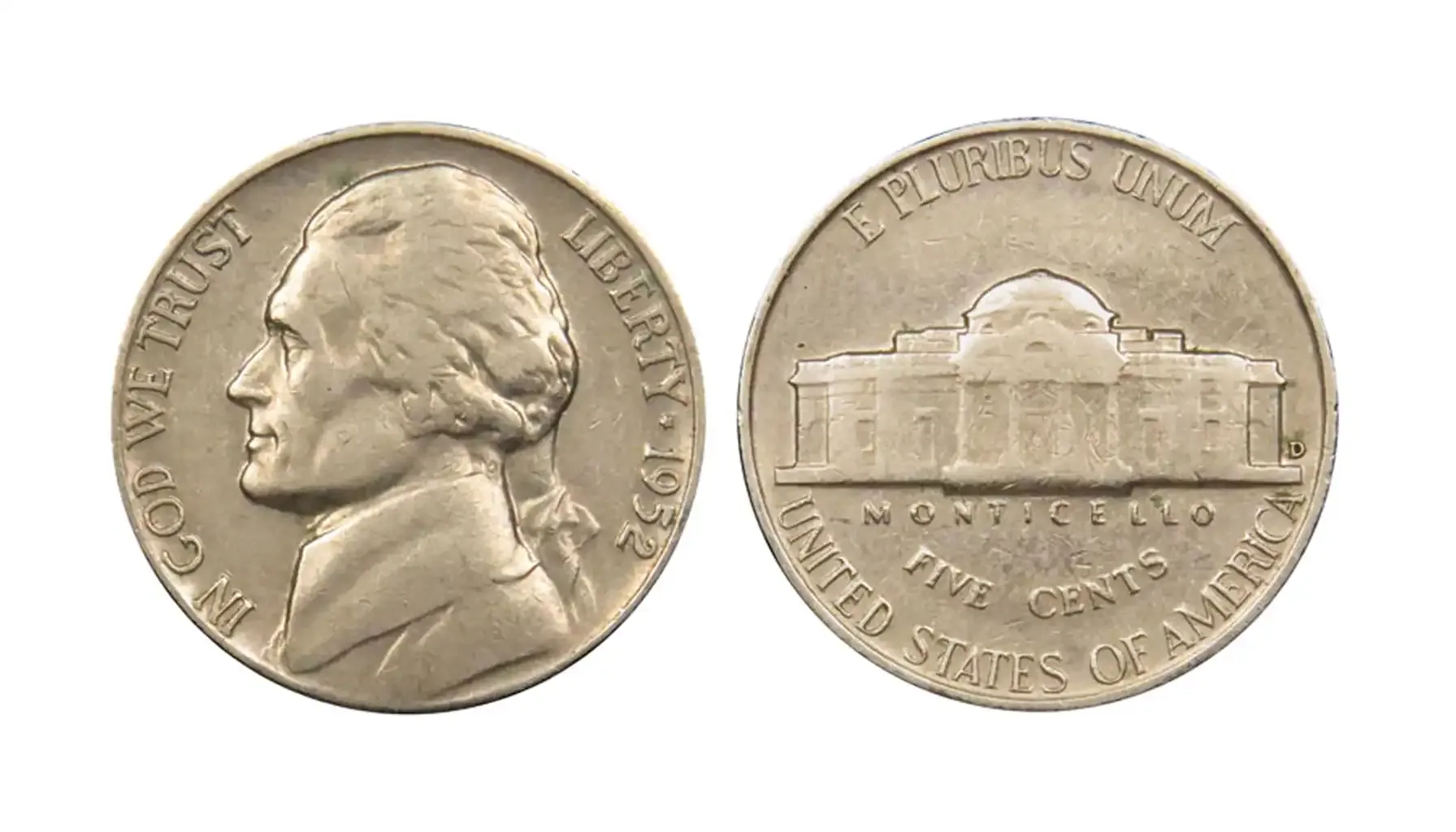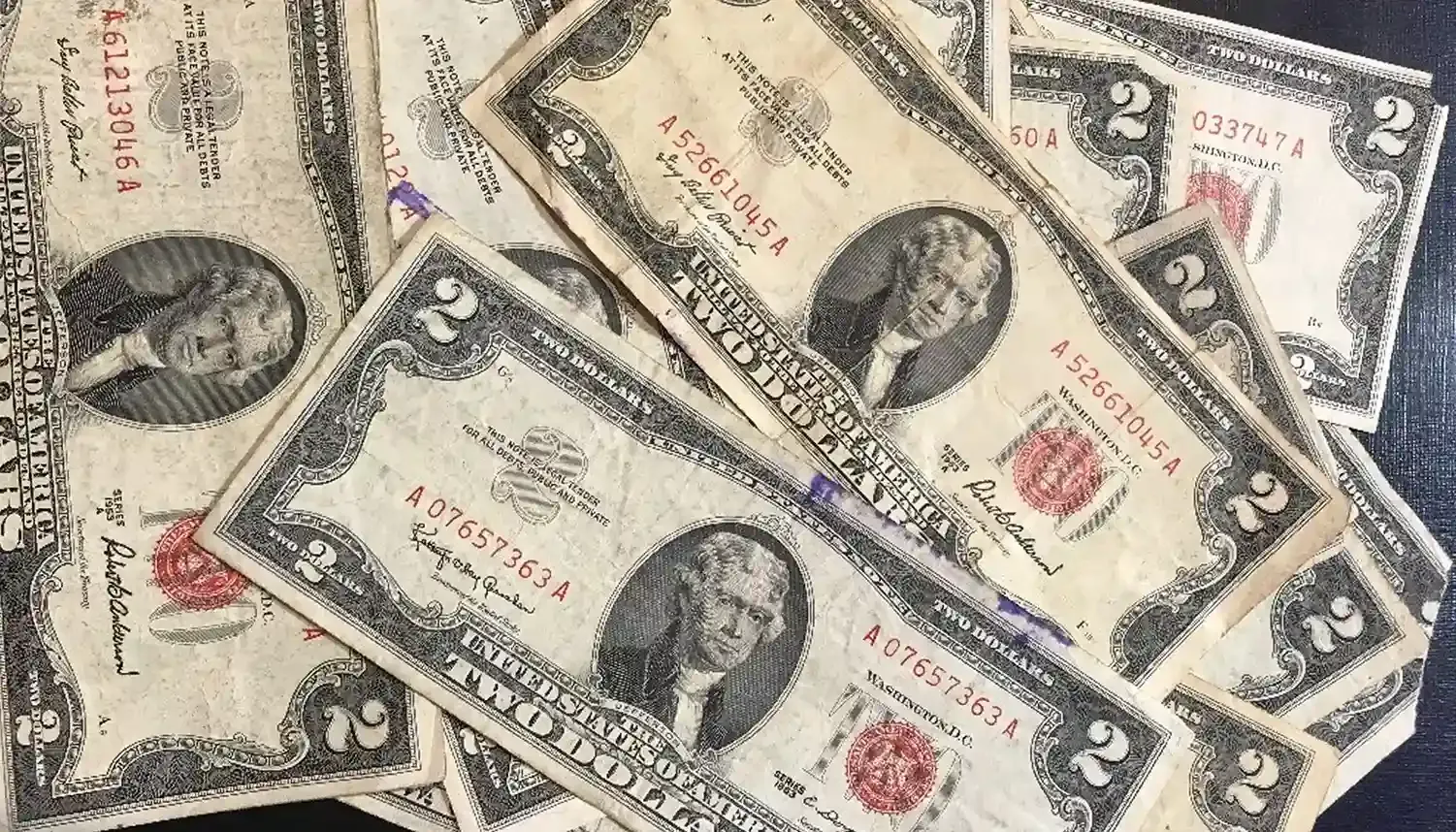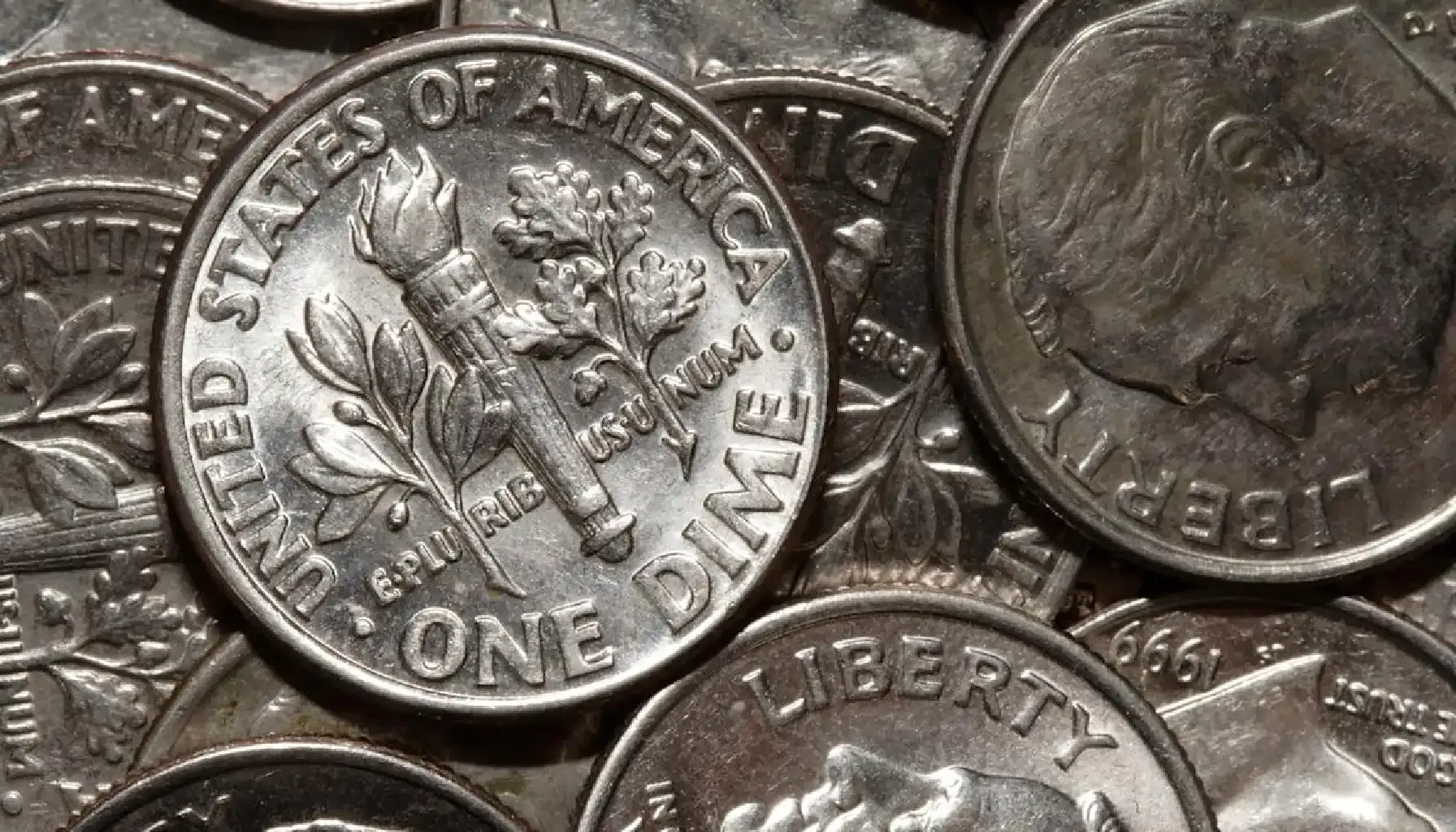Contents:
When it comes to collectibles, grades are everything. It constitutes the value of each instance, defines its future, and identifies which coins are worth keeping and which ones should be given away.
Terms like AU (Almost Uncirculated) and BU (Brilliant Uncirculated) appear frequently in auctions, price guides, and dealer listings, but what do they really mean? What is the AU coin meaning? And how to check coin value if grade is the only aspect you know about?
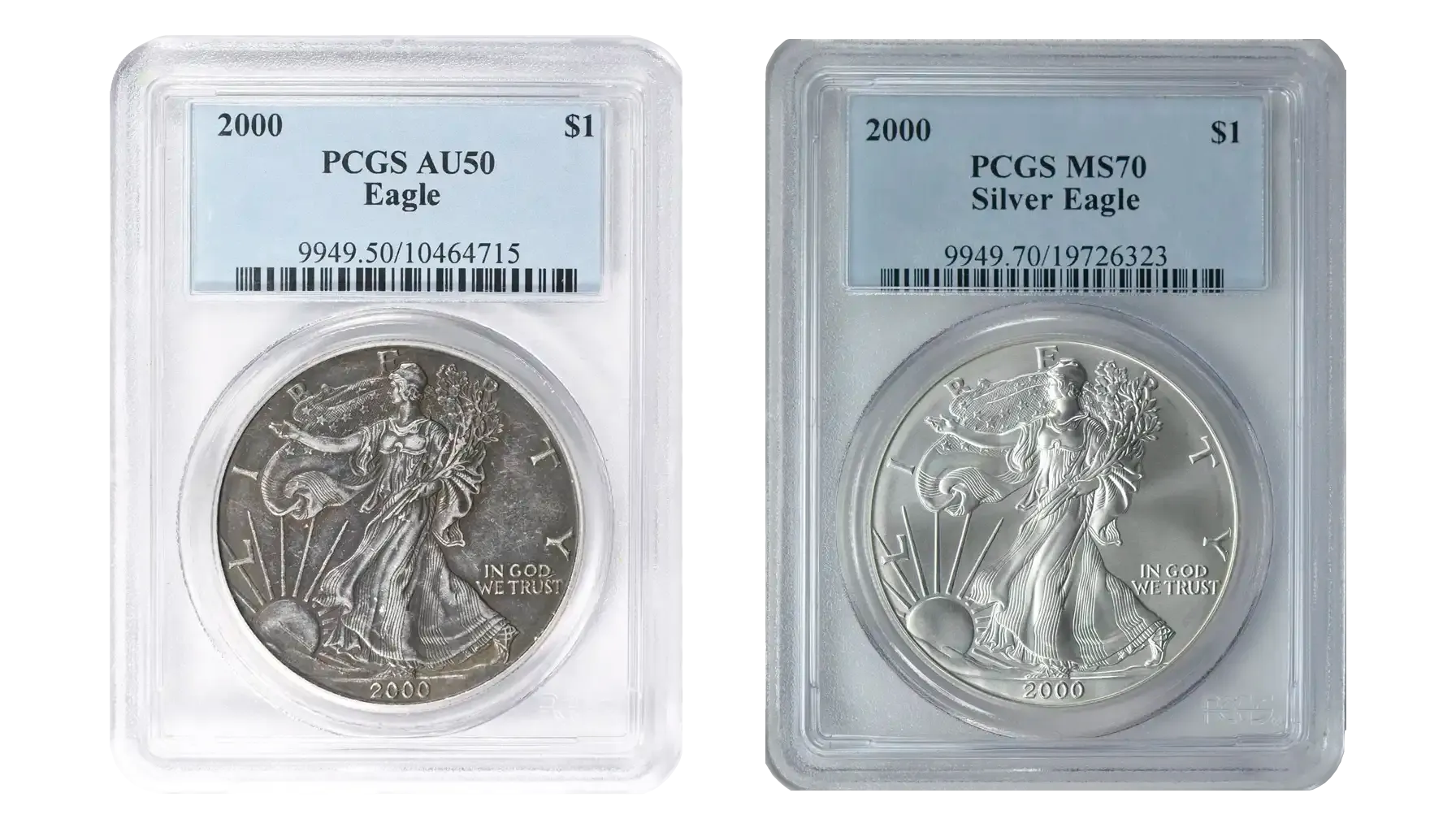
What Does AU Mean in Coins?
According to grading scales, AU coin grade stands for Almost Uncirculated, i.e., the category used to describe coins that show only minimal signs of wear. In general, these instances should have spent very little time in circulation and, thus, retain most of their original mint luster.
Note: AU coins are graded on a scale from AU 50 to AU 58, which means that they still bear signs of wear, though the condition is still almost exceptional.
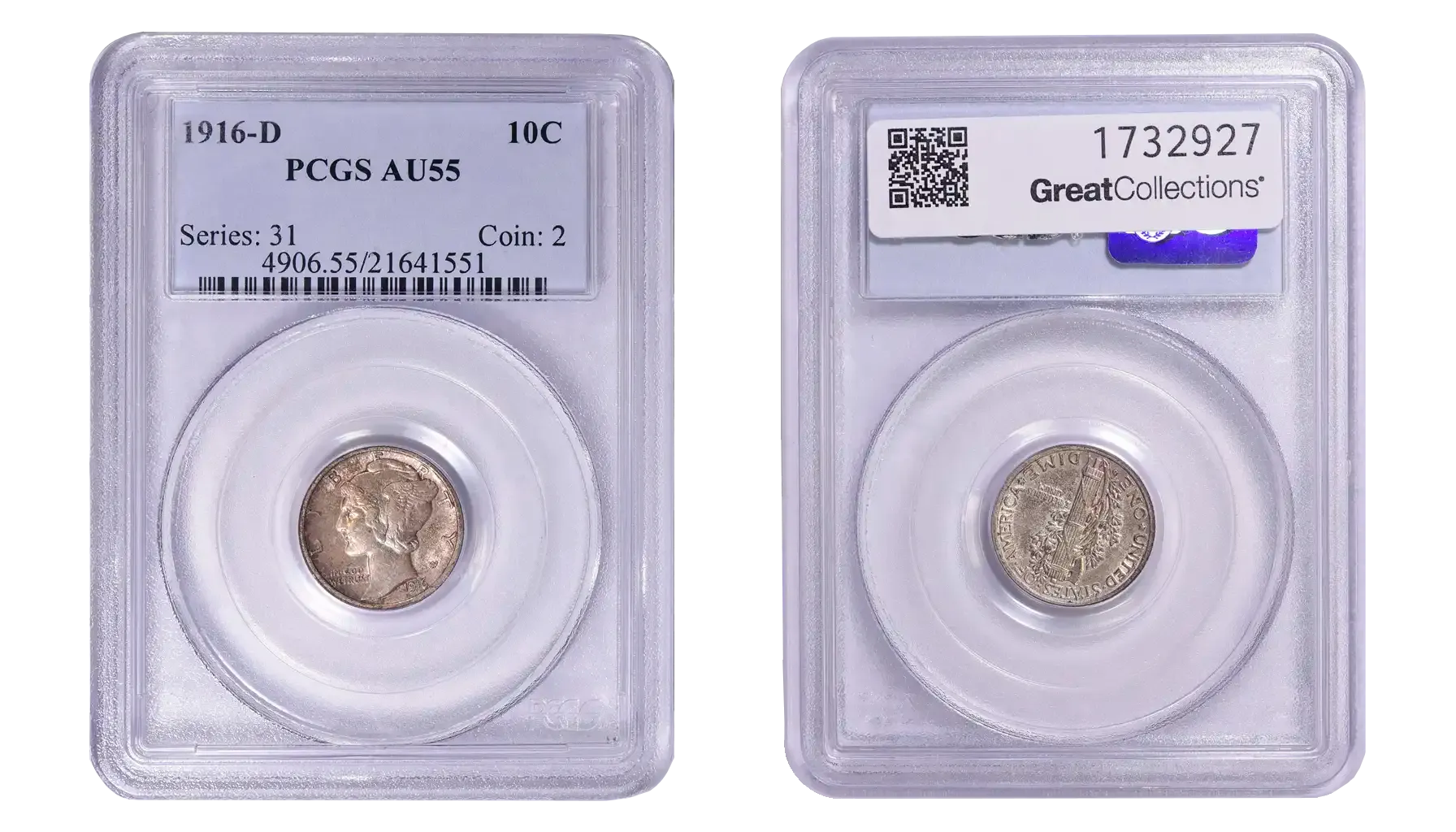
What Does BU Mean?
In turn, BU means Brilliant Uncirculated, which refers to the coins that have never been in circulation and show no signs of wear at all. These should retain their full original mint luster and are typically sharp in detail, though imperfections are also possible.
Unlike AU, BU is not a particular grade but a generalized category that encompasses another officially accepted grade, i.e., MS (Mint State from MS 60 to MS 70). By the way, MS70 is the highest grade possible and is highly sought-after by collectors, thanks to its magnificent appearance and striking quality.
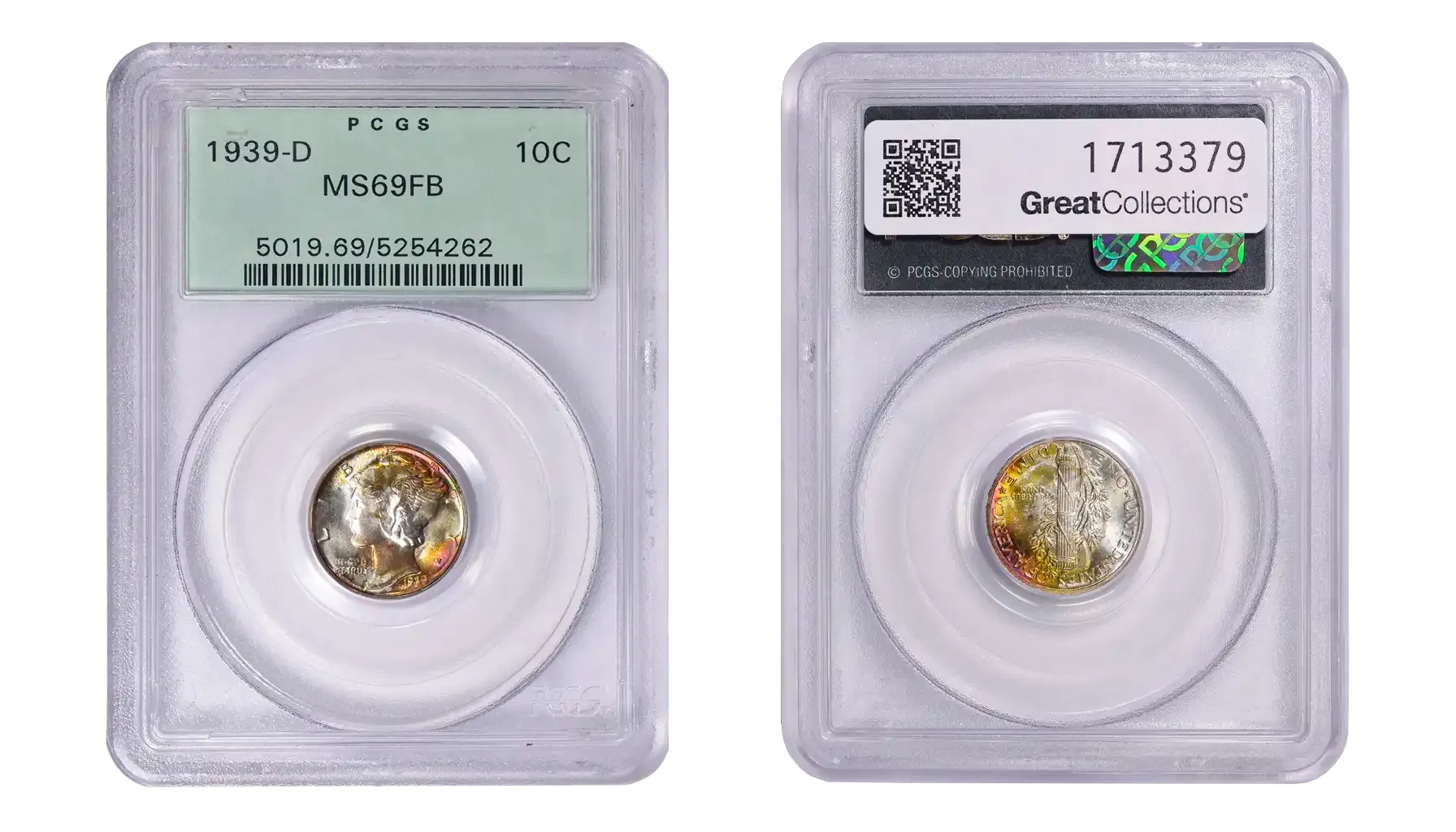
AU vs BU: Key Differences
What does au mean in coin grading, and what about BU? Indeed, AU and BU may seem similar, but their differences may be worth thousands of dollars! Let us take a quick look at the main distinctions that matter.
Feature | AU (Almost Uncirculated) | BU (Brilliant Uncirculated) |
Meaning | Light wear, near-mint condition | No wear, never circulated |
Grade Range | AU 50 to AU 58 | MS 60 to MS 70 |
Condition | Slight friction on high points | Full mint luster with possible minor marks |
Eye Appeal | Very good | Excellent to perfect |
Typical Price* | Lower than BU | Higher, especially in top grades |
Best For | Budget-conscious collectors | Premium collectors, high-grade sets |
*Actual coin values depend on several factors, including coin type, year of minting, rarity, and market demand. These should be checked on the official websites of grading services like NGC and PCGS or via the most reputable auction platforms for numismatists.
How to Accurately Identify the Grade?
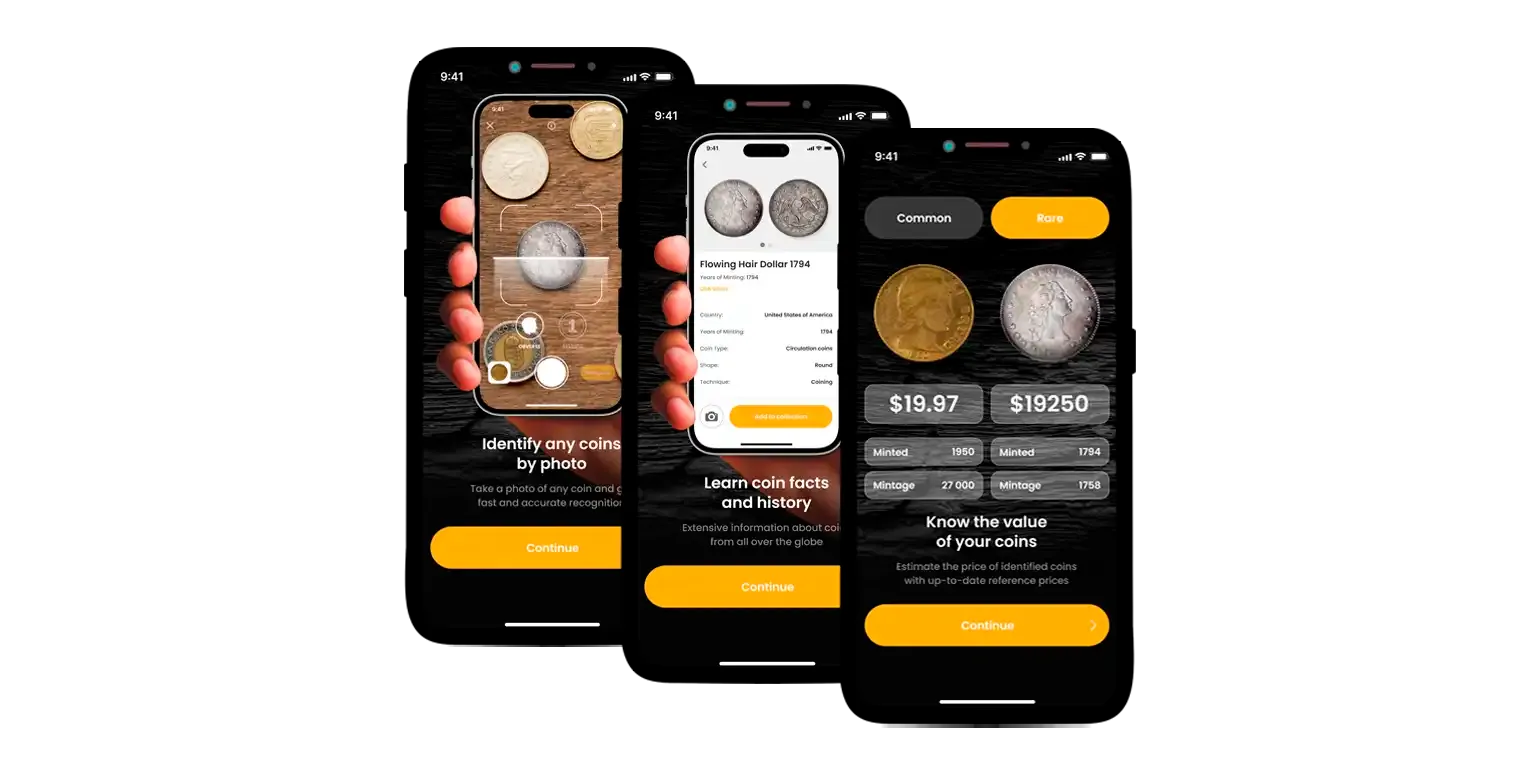
Should you wish to determine if your coin may boast the AU grade or not, it might be reasonable to appeal to reputable numismatic apps like Coin ID Scanner. Slight differences make sense, and correct identification is crucial when purchasing or selling any collectible.
With one photo only, Coin ID Scanner may easily analyze your coin's features and estimate its grade. Besides, the app is ready to distinguish between AU and BU, identify the coin type, provide historical background and current market values, as well as manage collections and send assistance on the spot. Everything that is needed for numismatists under one digital roof.
Start your collecting journey with Coin ID Scanner, and rest assured that no valuables will escape your eyes.

